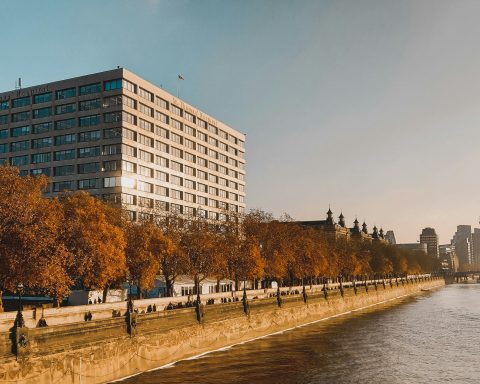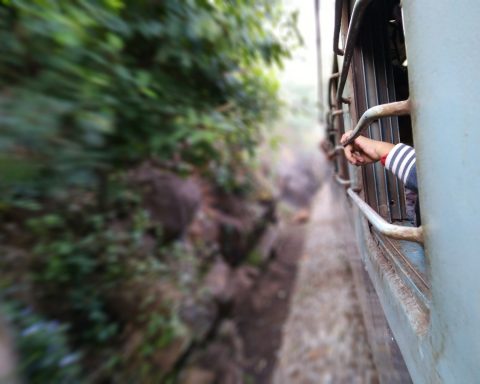
We’re all NHS heroes. There are times, however, when we may not feel especially heroic. It may be heartening during these dark moments to consider that a doctor’s career is a manifestation of the narrative archetype known as The hero’s journey.1
The young hero starts his or her journey at home, in many ways unremarkable but with a spark of something that sets them aside from their peers. They experience a call, through circumstances or the appearance of a mysterious elder, to go on a quest to a distant land that promises great rewards. The call may be resisted or put off for a time, but eventually the hero sets off, arriving after preliminary adventures at the edge of a dark swamp, cave or other chthonic location. There, they must face a series of trials before claiming the prize: a treasure, a magical elixir or some secret and powerful knowledge. The hero returns home to share this prize with a grateful world, but is forever changed by the quest, which separates them from the rest of humanity.
The hero returns home to share this prize with a grateful world, but is forever changed by the quest, which separates them from the rest of humanity.
We see in the hero’s journey the bones of a host of different fictional stories, as well as our own. We leave our old life behind to go to medical school. Like other students, we have fun and we learn, but sooner or later we find ourselves in the cave of the dissecting room, the hospital ward or the mortuary, confronted by death, disease and decay. We start to look at people as patients, their bodies as complex machines whose cogs and levers we can manipulate in the treatment of illness. At medical school and during our time in hospital we sit our exams, receive our qualifications and eventually return with our prize to work within the world where our journey began. We treat our patients, who are grateful; but there are times too when we sense an invisible barrier between them and us. We see at those times that what we’re doing isn’t helping, and we see the fear and hurt in their eyes as they imagine that they are beyond help, or that we have abandoned them. This is where the GP’s journey diverges from that of the hero, for we have one final secret to learn.
Our training enables us to recognize the marks of disease in our patients’ stories, to identify and treat what ails them, but in the process we have lost our sense of the stories themselves. Stories are the thread that joins our past, present and future into a coherent whole, a life that makes sense. Most people can accept pain, weakness and uncertainty better than we realize, but what they cannot do without is a way of integrating a new and unsettling illness experience into their understanding of how the world works. This can lead to presentations that make little sense medically but are compelling in narrative terms: “I haven’t been drinking enough recently, and now my kidneys are hurting, so I need a scan because my dad had a tumour there.” We are in the realm of story-telling here; the science is beside the point.
A functional narrative allows us to answer the questions raised by an illness: What has happened? Why? Why me? Why now? What might happen next and what can I do about it?2 We have a professional obligation to diagnose and treat where we can, but also a humanitarian one to engage with patients’ narratives and help them make sense of their experience. Our final lesson, then, comes from our patients: to see their illness through the lens of medicine, but also that of narrative, to become heroes with bifocals.
References
1. Campbell J , The Hero with a Thousand Faces, Pantheon Books, 1949
2. Helman CG, Diseases versus illness in general practice, JRCGP, 1981; 31: 548-52
Featured image by Javier García on Unsplash








